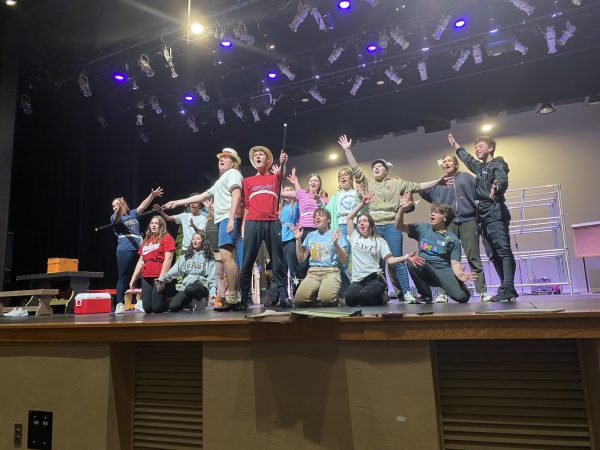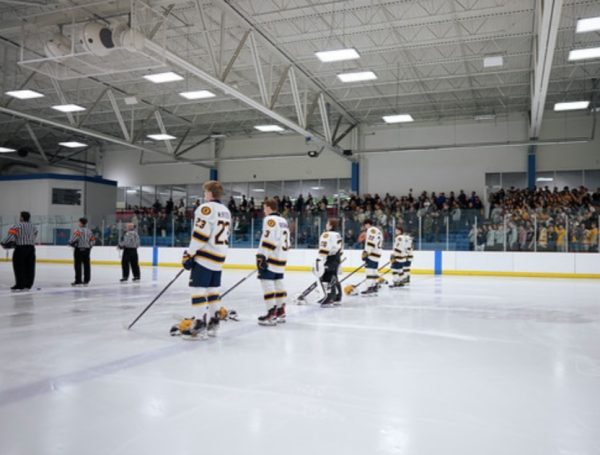Numerous power outages plague West Michigan
Living in an environment with its fair share of cold weather and precipitation like Michigan means you’ll experience both the good and bad effects of a northern climate. While many kids enjoy the snow days, sledding, and snowball fights that come with a big and sudden snowstorm, the dreaded power outage may come quickly to spoil that fun.
Most of West Michigan is serviced by Consumers Energy, and Grand Rapids is no exception. When Winter Weather events such as freezing rain and cold gusts of wind happen, most Grand Rapids residents know a power outage maybe soon to come.
Even though a sudden loss of power may seem catastrophic, Consumers Energy has a responsibility to work through the night in order to restore power to their clients.
“After a storm comes through and it causes outages, our crews have already been preparing to start restoration efforts,” Josh Paciorek said. He is the spokesperson and specialist for Consumers’ West Michigan Relations Team. He detailed what Consumers’ processes and suggestions are during an intense winter storm.
West Michigan bearing the brunt of the lake effect means power outages will be more often caused by environmental factors.
“In Michigan, fallen trees or broken limbs cause power outages about 33% of the time, making them the leading outage cause,” Paciorek said. This, however, does not mean that citizens should expect power outages whenever trees are affected by storms.
“To help limit tree-related power outages, Consumers Energy is investing in proactive vegetation management such as tree trimming and brush control,” Paciorek said. “We are also upgrading and modernizing our power grid to enable it to self-heal. With a smarter power grid, we can mitigate outage impacts, restore power faster, and lower customer costs.”
Fewer outages, quicker restoration times, and lower costs would definitely be a benefit to subscribers to Consumers Energy. However, it is still important to know what to expect and be prepared when outages strike.
“To help the public prepare for what to do before, during, and after a storm, we encourage the media to visit www.ConsumersEnergy.com/OutageCenter for helpful tips,” Paciorek said. He also outlined some specific tips citizens can follow in order to make their experience better in the event of an outage, such as charging electronic devices, keeping essential supplies ready at hand, and turning sensitive electronics, like TVs, computers, and printers, off.
A more individual view of an outage situation can be found among East’s very own students. To them, outages indicate the severity of the weather situation and at times make them seek plans that don’t involve electricity.
“I lost power a few weekends ago during the sudden winter storm,” Nathan Rose ‘23 said. Rose lives in the Breton elementary school area which was heavily affected by the winter storm. His opinion echoes how a power company resolves outage issues after a severe weather event.
“At the end of the day, there’s not really much power companies can do to prepare before a fuse box blows, or power cords freeze,” Rose said. “I think they reacted pretty quickly and effectively, it wasn’t like a few years back when people in EGR, my family included, lost power for days on end.”
Aside from reactionary measures, Consumers Energy is taking broad steps toward preventing outages in the first place with its recent investments. Poles, power lines, and substations have all been cleared, upgraded, and replaced in order to decrease the frequency and severity of outages, with more future investments planned in the aforementioned, as well as forestry and monitoring.
All in all, the weather has always been and will always be there to knock down what has been built, but what can change is our response.
“While we cannot control the weather, we can control our response to damaging storms,” Paciorek said.






